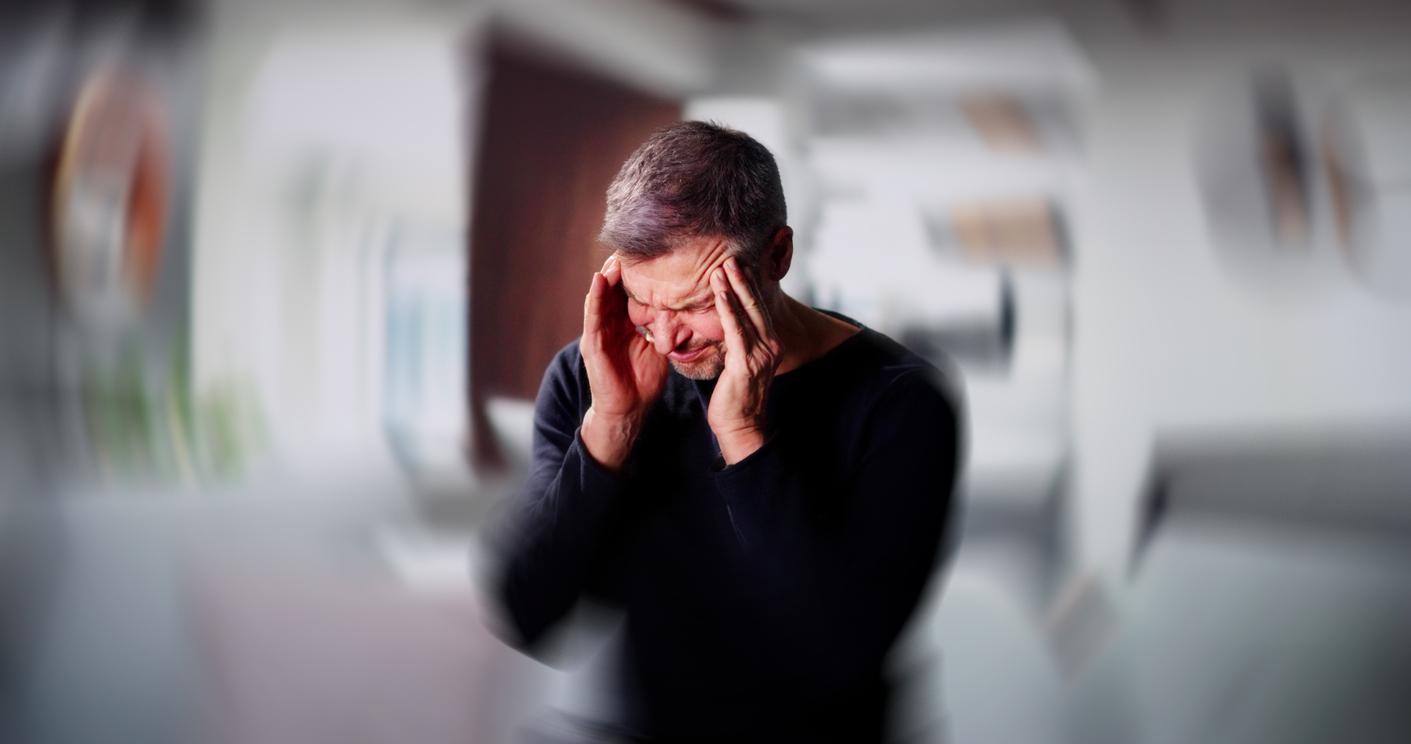Stopping antidepressants can trigger withdrawal symptoms that are difficult to bear.

- Stopping antidepressants can cause withdrawal symptoms.
- They are sometimes confused with a relapse.
- A neurobiologist, based in London, proposes a protocol to better support patients in stopping.
He has been addicted to antidepressant medications and now helps others get off them. Mark Horowitz is a neurobiologist, based in London. In 2015, he decided to stop his treatment, which he had been taking for 15 years. “It completely changed my lifehe tells the BBC. I woke up in the morning in complete panic, as if I was being chased by an animal.” His symptoms last all day, until late in the evening and become more debilitating than those which had led him to take antidepressants years before.
Antidepressants: what are the withdrawal symptoms?
According to this specialist, almost half of people who stop taking antidepressants experience withdrawal symptoms. “For some people, withdrawal symptoms are debilitating and prolongedspecifies the researcher in an article published in Tea Conversation written with two other scientists, Joanna Moncrieff and Katharine Wallis. Symptoms may include dizziness, headaches, memory and concentration problems, emotional disturbances and neurological symptoms such as sensitivity to noise and light, muscle spasms and sexual dysfunction.
The longer the medications are taken, the stronger and more persistent the withdrawal effects. “People often misinterpret these symptoms as a return of their mental health problem, i.e. a relapsethey note. Doctors, too, are often unaware of how common and severe withdrawal symptoms can be and often mistake them for a relapse..” This confusion can lead to diagnostic errors and inappropriate treatment.
Why are antidepressants addictive?
However, these withdrawal symptoms appear because the brain adapts to taking antidepressants. “This is often called physical dependence, they develop. Addiction occurs even though antidepressants don’t get people high or cause cravings or compulsions, which is the technical definition of addiction.” At the time of stopping, the brain feels a lack of the drug to which it has become accustomed and withdrawal symptoms appear. The length of the symptoms corresponds to the time it takes for the brain to get used to the absence of the drug.

How to reduce withdrawal symptoms after stopping antidepressants?
Faced with his own experience of stopping, Mark Horowitz is surprised that little research has been carried out on withdrawal when taking antidepressants, while there is numerous work on these treatments. “To me, this amounts to allowing the sale of cars without brakes.”he says to the BBC.
In 2021, it developed a pilot program in London to help people on antidepressants stop their treatment. This protocol is based on a so-called hyperbolic reduction: it consists of greatly reducing the treatment at the start, then making very small reductions afterwards, because scientists have noted that low doses of antidepressants have very significant effects on the brain. In his clinic, he supports around twenty people as they stop treatment. In mid-February, he published a guide to “of–prescription” aimed at health professionals, published only in English.















